Search
Did you mean: Inca Art?
Search Results

Article
The Art of the Amarna Period
Of all the pharaohs who ruled ancient Egypt, there is one in particular that stands out from the rest. Over the course of his 17-year reign (1353-1336 BCE), Akhenaten spearheaded a cultural, religious, and artistic revolution that rattled...
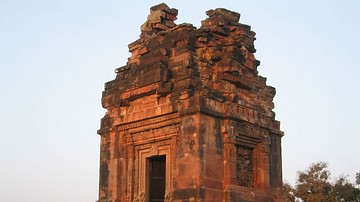
Definition
Gupta Architecture
The Gupta Dynasty (4th-6th century) in North Central India saw the first purpose-built Hindu (and also Buddhist) temples which evolved from the earlier tradition of rock-cut shrines. Adorned with towers and elaborate carvings, these temples...
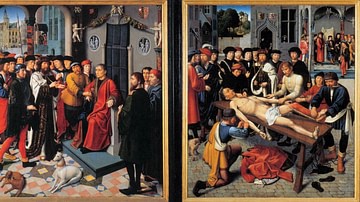
Article
Herodotus in Art
Herodotus' Histories with their historical, geographical, ethnographic, and religious aspects, have always been a source of delight and interest, not only for generations of readers, students, and storytellers, but also for artists. A complete...
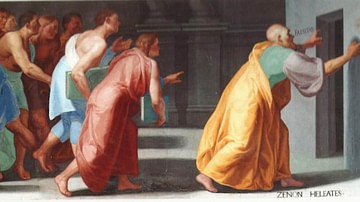
Article
The Art of Dialectic & Zeno of Elea
The creation of the art of dialectic is credited to Zeno of Elea, the philosophical champion of Parmenides’ claim that the essence of reality is One and unchanging. Zeno was Parmenides’ student and protégé and, in defending and defining his...

Lesson Pack
Egyptian Pyramids, Hieroglyphics, & Art
We have prepared three lesson plans including classroom activities, assignments, homework, and keys as well as: Multiple choice quiz questions in an excel format. Glossary of keywords and concepts in an excel format. Open questions...
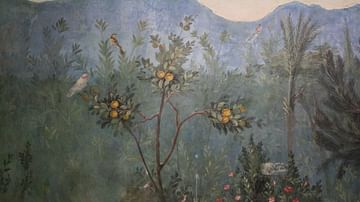
Collection
The Art of Ancient Rome
Roman artists used every medium from amber to marble, frescoes to glassware, and produced works of art that still pull in the crowds wherever surviving examples are exhibited. The Romans copied, imitated, and innovated to produce art on a...

Video
TICE ART 1010 Ancient Near Eastern and Ancient Egyptian Art
Overview of Ancient Near Eastern and Ancient Egyptian Art for TICE ART 1010.
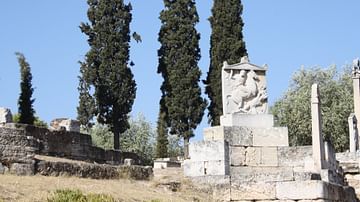
Article
The Dexileos Stele: A Study of Aristocracy and Democracy in Greek Art
The Dexileos Stele assesses the way that Athenian political thought penetrated all levels of society, showing the conflict that the aristocratic classes were faced with in trying to find their place within the Athenian Democracy. As a visual...
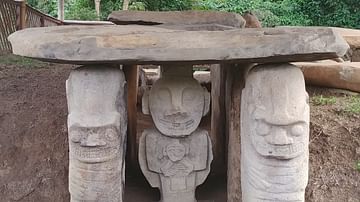
Article
The Megalithic Funerary Art of San Agustín
Beginning approximately 2000 years ago, in a rugged stretch of southwestern Colombia where the Andes split into multiple ranges and the mighty Magdalena River is born, a people created a collection of magnificent ritual and burial monuments...
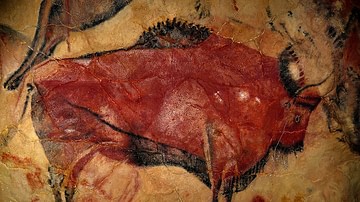
Image Gallery
Paleolithic Art
The first non-functional human-made objects that could be clearly classified as art date back to the Upper Paleolithic (c. 50,000 to c. 12,000 years ago) in Europe. Although Upper Paleolithic art is mostly associated with rock art, besides...